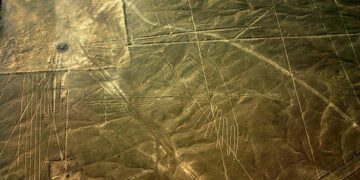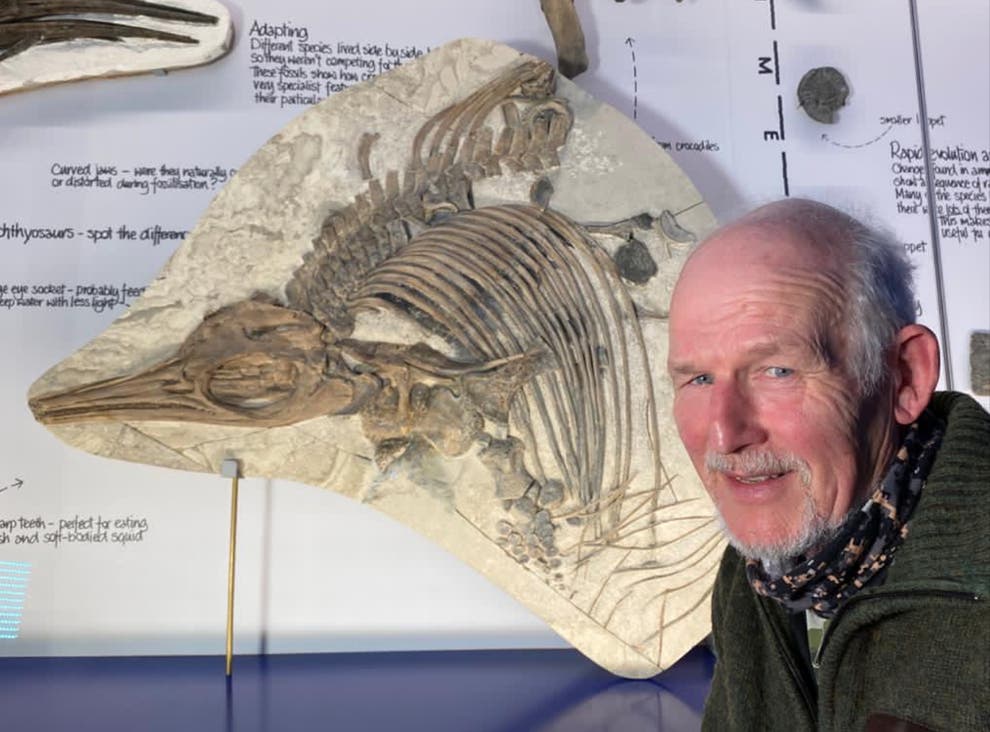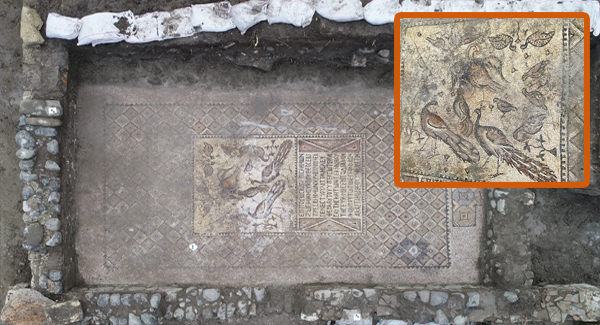High in the icy peaks of China’s Tibet, where the air is thin and winds are razor-sharp, stands Rangu Monastery, often cited as the highest monastery on Earth. Surrounded by endless snow and brutal cold, this harsh environment is home to a solitary monk who lives without fire or solid shelter. Most would find such conditions unbearable, yet he finds peace amid the snowdrifts and silent skies. No records confirm his name or how long he has resided there. Each dawn, he steps into the freezing cold, scooping snow with bare hands to melt it for drinking water—a slow, deliberate act treated with reverence. He forgoes food, surviving on minimal portions, if any, drawing strength from intense meditation and mantras that fill the air with calm. By relinquishing material comforts and embracing the extremes of nature, he believes he connects with a divine force linked to Shiva, the deity of destruction and transformation. This monk’s disciplined surrender in such a forbidding environment shows how mental mastery can push human limits, finding purpose in simplicity and solitude.
The Monk Who Defied Gravity
In 2020, a viral video on the platform then called X (formerly Twitter) showed a woman laboriously climbing a near-vertical rocky ledge with ropes and a harness. Beside her, a bare-chested, barefoot monk ascended effortlessly, without safety gear, as if strolling a gentle path. Shared by user Tanzu, the clip sparked awe, with viewers marveling at his seemingly impossible feat. Many attributed his skill to years of yoga, meditation, and training, noting his side-to-side movements to reduce the slope’s steepness. His success likely stemmed from mental discipline, silencing fear and maintaining calm focus, proving that composure is as vital as physical strength. Monastic training, involving hours of meditation to cultivate stability and risk acceptance, transforms climbing into a spiritual practice. This display of mental clarity and physical prowess highlights how dedicated inner work can unlock extraordinary abilities.
The Reincarnated Leader
In Tibet, the search for each new Karmapa, a spiritual master of the Kagyu school of Tibetan Buddhism, blends mystery and reverence. Guided by sacred letters, visions, and prophecies, monks identify the reincarnated leader. In 1985, Apo Gaga was born to a nomadic family in Tibet, accompanied by omens like his mother’s vivid dream and symbolic birds. By age four, he began monastic studies, and at seven, he directed his family to relocate, aligning with a secret letter from the 16th Karmapa. In 1992, he was recognized as the 17th Karmapa, Ogyen Trinley Dorje, confirmed by the 14th Dalai Lama and even the Chinese government. At Tsurphu Monastery, he began formal training. The Black Hat Ceremony, where he dons a hat woven from celestial beings’ hair, amplifies his spiritual presence. Today, he addresses modern issues like environmental stewardship, blending tradition with contemporary relevance, guiding followers as a beacon of compassion.
The Self-Mummified Monk
In 2015, a Buddha statue revealed a startling secret: the mummified body of monk Liuquan, preserved in a meditative pose. Liuquan had undergone self-mummification, a rare, grueling Buddhist practice. He began by eating only nuts, seeds, bark, and roots to eliminate fat and moisture, preventing decay. He then drank a toxic tree sap concoction to repel bacteria and insects post-mortem. In the final stage, he sealed himself in a chamber, meditating and ringing a bell daily to signal life. When the bell stopped, the chamber was sealed, and his intact body was later honored as a master’s triumph over decay. Inscriptions around the statue may hold lost meditation techniques, adding to the mystery. Liuquan’s preserved form remains a testament to extreme devotion, captivating spiritual seekers and historians.
Honen and Pure Land Buddhism
In medieval Japan, Buddhist practices were rigid, excluding commoners from salvation. Honen (1133–1212), a Tendai monk, challenged this by embracing Pure Land teachings, centered on faith in Amida Buddha. By chanting “Namu Amida Butsu,” anyone could access Amida’s Pure Land, regardless of status. This inclusive message resonated with farmers and outcasts but provoked backlash from elites. Accused of heresy, Honen was exiled in 1207, yet his teachings persisted, founding the Jodo school, one of Japan’s most practiced Buddhist forms. His vision made spiritual liberation accessible, proving faith could transcend social barriers.
The Monk Who Became a Statue
At Wat Khunaram on Thailand’s Koh Samui, the preserved body of monk Luang Pho Daeng, who died in 1973, sits upright in a glass case. Known for his devotion and moderation, he meditated daily and requested his body be displayed as a symbol of faith. After his death in a meditative pose, his body showed no decay, possibly due to a plant-based diet and the dry environment. Medical experts note natural preservation factors, but devotees attribute it to his spiritual purity. Wearing sunglasses to mask his eyes’ appearance, Luang Pho Daeng’s serene form inspires reflection on faith’s power to transcend physical limits.
Bodhidharma, Father of Shaolin Kung Fu
Bodhidharma, a 5th–6th century Indian monk, introduced Chan (Zen) Buddhism to China and laid the foundation for Shaolin Kung Fu. Rejecting external rituals, he emphasized direct spiritual insight, famously telling Emperor Wu that temple-building earned no merit. At Shaolin Temple, he meditated in a cave for nine years, achieving profound stillness. Noticing monks’ physical weakness from prolonged meditation, he introduced exercises that evolved into Shaolin Kung Fu, blending agility, defense, and mental focus. His Chan teachings, prioritizing direct experience, shaped Zen Buddhism, making him a symbol of spiritual and physical discipline.
Marpa Lotsawa
Marpa Lotsawa (c. 1012), a Tibetan translator, braved perilous Himalayan journeys to study Buddhist texts with Indian masters like Naropa. Translating Sanskrit teachings into Tibetan, he preserved their spiritual essence, making them accessible to Tibetans. His mentorship of Milarepa, whom he tested with grueling tasks like building and demolishing stone towers, shaped the Kagyu school. Marpa’s translations and teachings ensured Indian Buddhist wisdom endured, influencing generations of practitioners.
Sri Ramakrishna
Born in 1836 near Kolkata, Sri Ramakrishna, a priest at Dakshineswar Kali Temple, entered ecstatic trances through devotion to Kali. Exploring Christianity and Islam, he found divine love in all faiths, teaching that all religions lead to the same ultimate reality. His inclusive message, spread by disciple Swami Vivekananda, broke cultural barriers. The Ramakrishna Mission continues his legacy of spiritual and social progress, showing that devotion transcends sectarian divides.
The 200-Year-Old Mummified Monk in Mongolia
In Mongolia’s cold steppes, a 200-year-old monk’s body was found in a meditative pose, remarkably preserved. Possibly due to the region’s freezing climate or a practice called tukdam—where monks enter a meditative state between life and death—his body defied decay. Believers see his spiritual discipline as the cause, while scientists cite natural preservation. This monk’s serene form challenges perceptions of life and death, highlighting the mind’s influence over the body and the mysteries of Buddhist devotion.





















